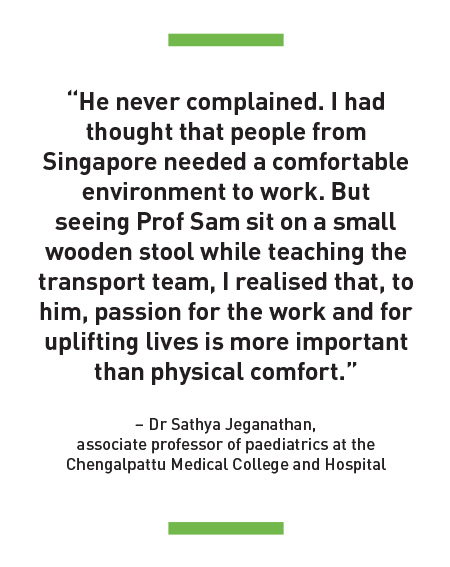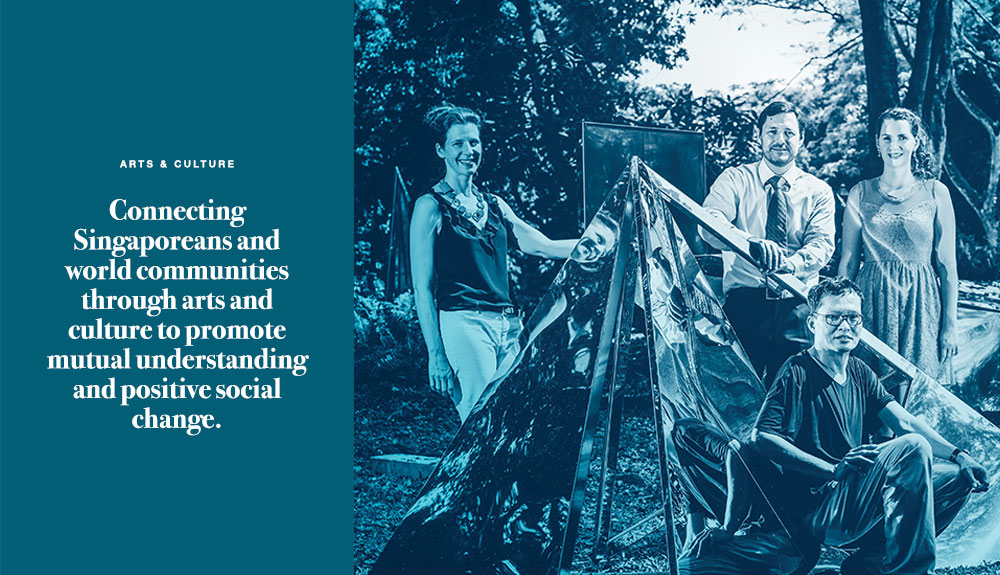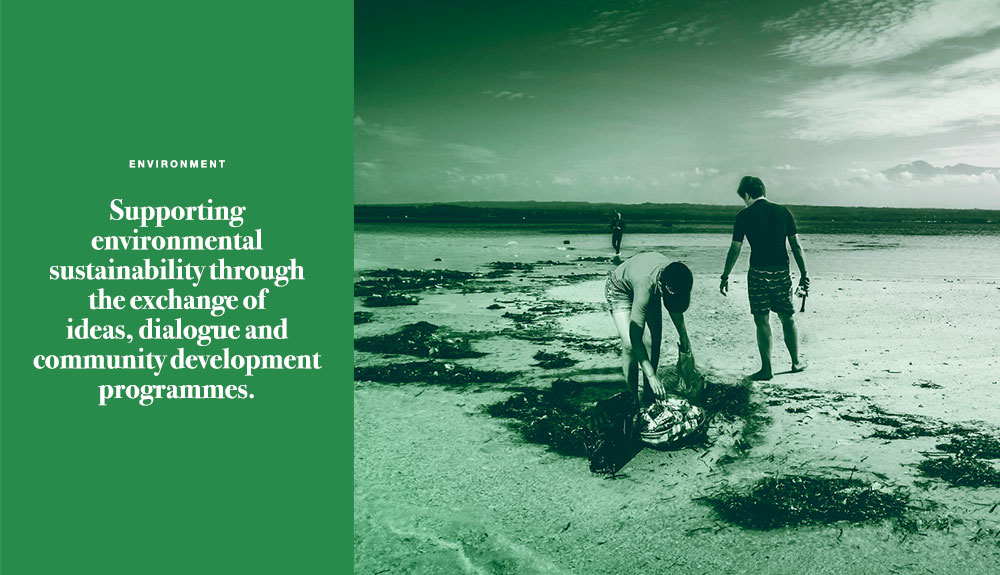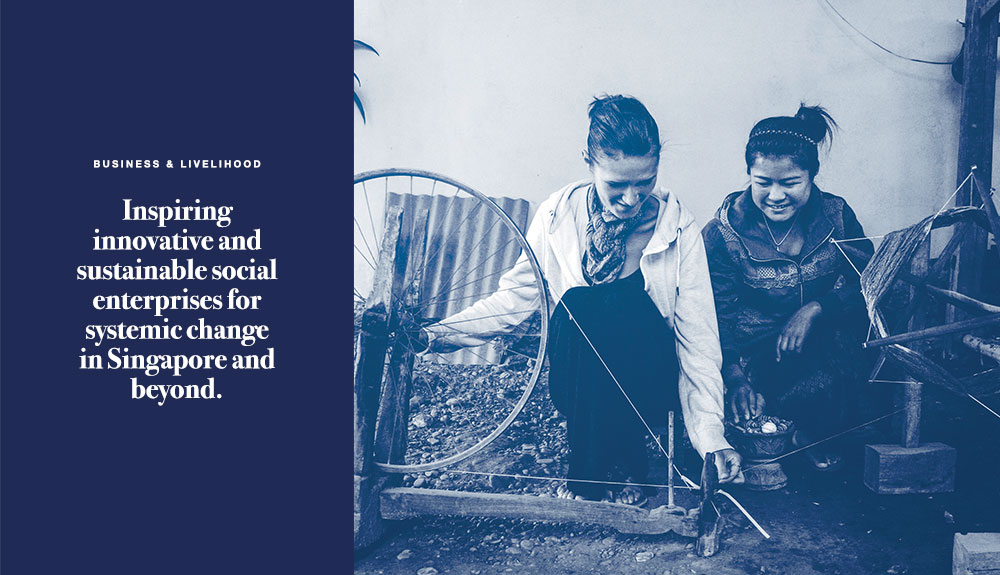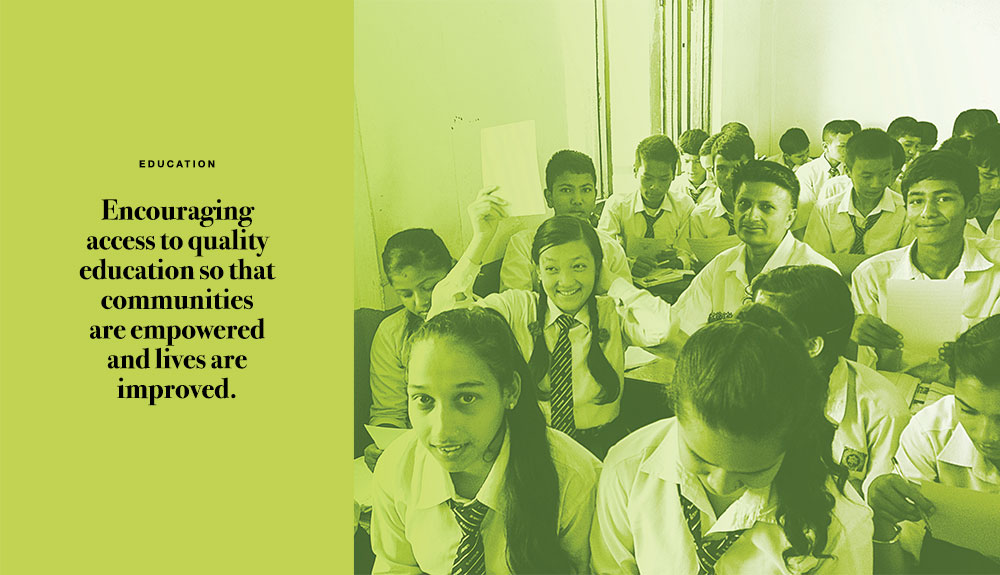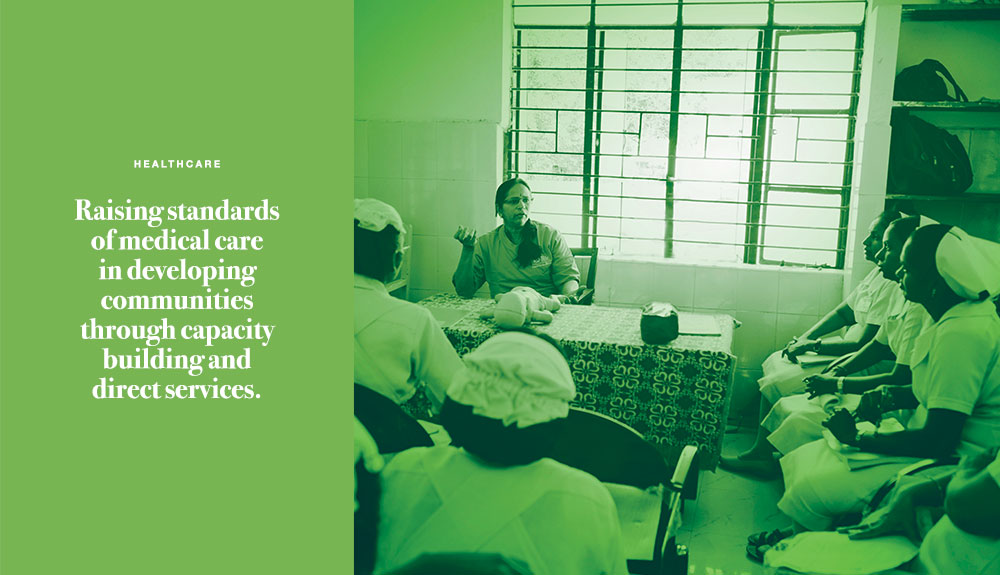
The year was 2011. The doctors and nurses of Chengalpattu Medical College and Hospital, in Tamil Nadu, India, were apprehensive about meeting Associate Professor Victor Samuel Rajadurai from Singapore’s KK Women’s and Children’s Hospital (KKH). They would be meeting him for the first time with his team of medical volunteers from the Singapore International Foundation (SIF).
But, as Dr Sathya Jeganathan, associate professor of paediatrics at the Chengalpattu hospital, recalls, her colleagues had no reason to feel nervous. “When he arrived, we were surprised by his humility. He greeted all of our team members, including the trainees.”
She adds: “Sometimes, we had no electricity and it was hot, but he never complained. I had thought that people from Singapore needed a comfortable environment to work.
“But seeing Prof Sam sit on a small wooden stool while teaching the transport team made me realise that, to him, passion for the work and for uplifting lives is more important than physical comfort.”
Collaborating on life-saving knowledge
On paper, Assoc Prof Rajadurai – or Prof Sam as he prefers to be called – has an intimidating set of credentials. He is a senior consultant and head of KKH’s Department of Neonatology. He is also a clinical associate professor of paediatrics at the National University of Singapore’s medicine faculty and an adjunct associate professor of paediatrics at the Duke-NUS Graduate Medical School.
But this humble and warm 64-yearold is also a dedicated volunteer with the SIF. He has helped to enhance the lives of local communities in Myanmar, China, Indonesia and India.
In India, he was a specialist volunteer team leader for the SIF’s Enhancing Newborn Services, a four-year collaboration with the Chengalpattu hospital, where neonatal healthcare teams from Singapore trained local doctors and nurses to care for at-risk newborns.
Prof Sam and the SIF team of specialist volunteers – mainly KKH neonatologists and neonatal ICU nurses – returned to Chengalpattu in 2013 and 2014 to further train and enhance the neonatal knowledge and clinical skills of the local medical staff.
Besides teaching and sharing best practices, Prof Sam worked with the local hospital staff to improve hand hygiene practices – reducing the overall infection rate by about 25 per cent.
He also urged the dean of Chengalpattu Medical College and Hospital to allocate more funds to the neonatology department, which, at the time, had a rundown ward that leaked from the ceiling when it rained. When a new hospital block was built in 2013, Prof Sam gave suggestions for improving the neonatal ward’s administration, layout and manpower. He says the new ward is spacious, bright and better organised now.
The results from the programme have been encouraging: the hospital has seen a 15 per cent drop in infection-related infant mortality since the programme ended in 2013 and is the preferred referral centre in the area for neonatal emergencies, receiving referrals from private hospitals as well.
Prof Sam says: “As medical professionals, we are committed always to sharing life-saving knowledge with our peers in overseas communities. In Chengalpattu, we have in turn learnt much from them – as committed professionals working so hard and against formidable challenges to save new lives.”
Friendships forged
Prof Sam started volunteering with the SIF in 2001 when he was approached to participate in a weeklong Neonatal Care Training Workshop in Yangon and Mandalay in Myanmar. That first visit was a fact-finding mission, paving the way for other teams to conduct more practical training in subsequent years.
Prof Sam, who had accepted SIF’s invitation because he was interested in improving perinatal care in the region, says there were few challenges because the volunteers and local staff made friends easily. He recalls: “Language was a problem, particularly in communicating with the nurses, but we had translators. Other than that, there were no cultural barriers. They accepted us; we accepted them.”
Since then, he has led teams to China and Indonesia to train local hospital staff in caring for critically ill babies.
In 2015, Prof Sam returned with the SIF to Tamil Nadu, this time to the city of Trichy to train local obstetricians and neonatal professionals to help reduce the infant mortality rate. In each place, Prof Sam has impressed, not only with his skills, but also his kindness.
Once, he stopped the car when he saw a nomadic tribe selling palladai – cups used in India to feed expressed breast milk to babies – along the road. He bought 15 palladai, which were new to the SIF team, to take back to Singapore to pass to the KKH nursing team to use, if they wanted to.
Dr Sathya says: “The little girl who sold the palladai was very happy. Every time the SIF team visited Chengalpattu after that, Prof Sam would stop his car to interact with the family. I think Prof Sam practises what he learns from the Bible. Preaching is easy. Applying it in daily life is difficult, but he was doing it when he was with the poor and downtrodden.”
She says she has never seen Prof Sam lose his temper even when things go wrong. “To forgive and not find fault with others is a great virtue. It is very important in team building. I try to learn this from Prof Sam, but am not yet successful as I still get angry whenever my team is not performing well.”
In turn, Prof Sam says he considers Dr Sathya to be a role model because of her dedication to her patients, which inspired him to give his all in India. He adds: “Despite the limited resources and manpower, the staff at the Chengalpattu hospital do their work cheerfully and do not grumble.”
To people interested in volunteering overseas but have not yet had the opportunity to do so, he says: “Volunteering overseas has opened my eyes and understanding to the needs of the developing countries around Singapore. I encourage Singaporeans to visit developing countries.
“When Singaporeans see the situations there, they will realise how blessed they are in Singapore with the polyclinics nearby and available tertiary healthcare. If they get involved in volunteering work in developing countries, it will give them more satisfaction and purpose in life.”

